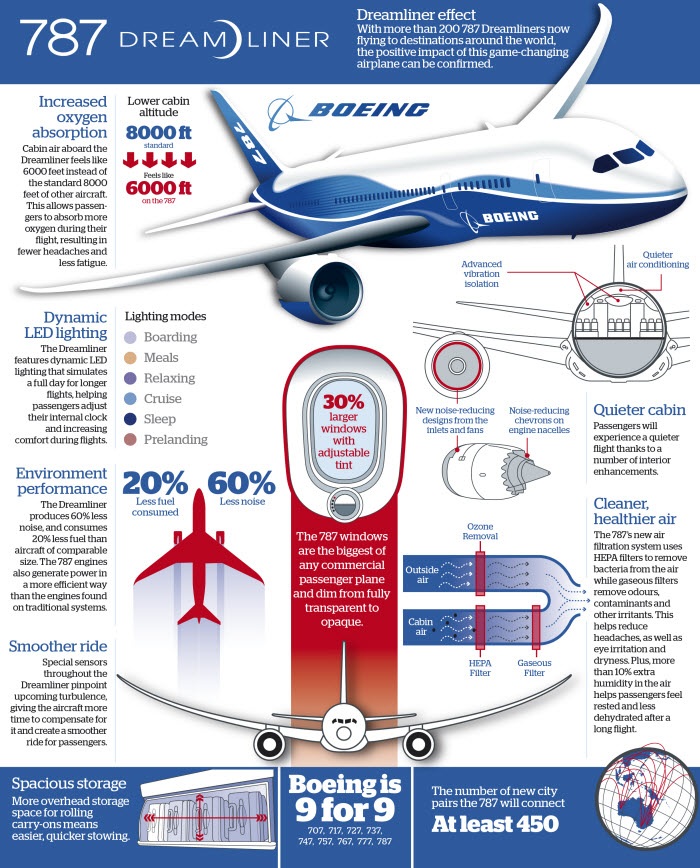The Future Of Home Home Heating - Exactly How Heat Pump Technology Is Advancing
The Future Of Home Home Heating - Exactly How Heat Pump Technology Is Advancing
Blog Article
Write-Up By-David Ringgaard
Heat pumps will be a crucial technology for decarbonising home heating. In a circumstance regular with governments' revealed energy and environment dedications, their global capacity increases by 2030, while their share in home heating rises to one-quarter.
They function best in well-insulated homes and rely on power, which can be supplied from a sustainable power grid. Technological advancements are making them more efficient, smarter and less expensive.
Gas Cells
Heatpump use a compressor, cooling agent, coils and followers to move the air and warm in homes and devices. They can be powered by solar energy or electrical energy from the grid. They have been acquiring appeal as a result of their affordable, peaceful procedure and the capacity to create electricity during peak power demand.
Some business, like IdaTech and BG MicroGen, are dealing with fuel cells for home heating. These microgenerators can replace a gas boiler and produce several of a house's electrical needs with a connection to the power grid for the rest.
Yet there are factors to be hesitant of using hydrogen for home heating, Rosenow says. It would certainly be expensive and ineffective compared to other innovations, and it would include in carbon emissions.
Smart and Connected Technologies
Smart home technology allows home owners to connect and regulate their tools remotely with making use of smartphone apps. For instance, wise thermostats can discover your heating choices and immediately adapt to optimize energy consumption. beckett mike heat pumps rolleston can be regulated with voice commands and automatically turn off lights when you leave the space, reducing power waste. And wise plugs can monitor and manage your electrical usage, enabling you to recognize and restrict energy-hungry home appliances.
The tech-savvy household illustrated in Carina's meeting is a good image of how owners reconfigure area home heating practices in the light of brand-new clever home innovations. They depend on the tools' automated functions to accomplish daily adjustments and concern them as a practical ways of performing their home heating techniques. Therefore, they see no factor to adjust their practices even more in order to allow versatility in their home energy need, and interventions targeting at doing so may encounter resistance from these houses.
Electrical power
Because heating homes accounts for 13% of US emissions, a switch to cleaner alternatives can make a huge difference. But the technology deals with challenges: It's pricey and requires comprehensive home restorations. And it's not constantly compatible with renewable resource resources, such as solar and wind.
please click the next post , electric heatpump were as well expensive to compete with gas versions in a lot of markets. But new technologies in layout and materials are making them more budget friendly. And better chilly climate efficiency is enabling them to operate well also in subzero temperatures.
The following action in decarbonising home heating might be the use of warm networks, which attract warmth from a central source, such as a nearby river or sea inlet, and disperse it to a network of homes or buildings. That would certainly minimize carbon discharges and enable homes to take advantage of renewable resource, such as green electricity from a grid supplied by renewables. https://www.facilitiesnet.com/hvac/tip/College-Course-Targets-HVAC-Systems-and-COVID-19--47764 would be less expensive than switching to hydrogen, a nonrenewable fuel source that needs new framework and would only reduce carbon dioxide discharges by 5 percent if paired with improved home insulation.
Renewable Energy
As electricity prices go down, we're beginning to see the very same fad in home heating that has actually driven electric cars and trucks into the mainstream-- however at an even quicker pace. The strong environment situation for impressive homes has actually been pushed better by new research study.
Renewables represent a significant share of modern warmth usage, however have actually been provided minimal plan interest globally compared to various other end-use markets-- and even less interest than electrical energy has. Partially, this mirrors a mix of customer inertia, split incentives and, in numerous countries, subsidies for nonrenewable fuel sources.
New technologies can make the shift simpler. For instance, heat pumps can be made more energy effective by changing old R-22 refrigerants with brand-new ones that don't have the high GWPs of their precursors. Some professionals additionally visualize area systems that attract warmth from a close-by river or sea inlet, like a Norwegian arm. The warm water can after that be made use of for heating and cooling in a community.